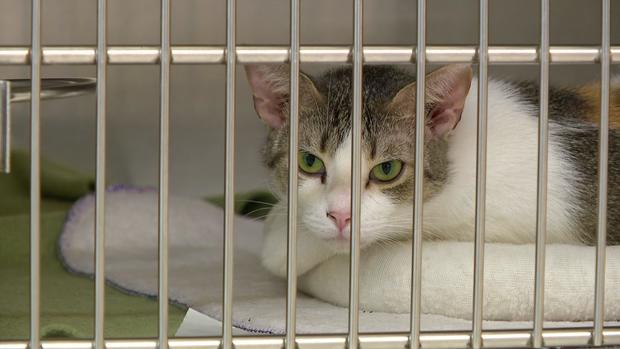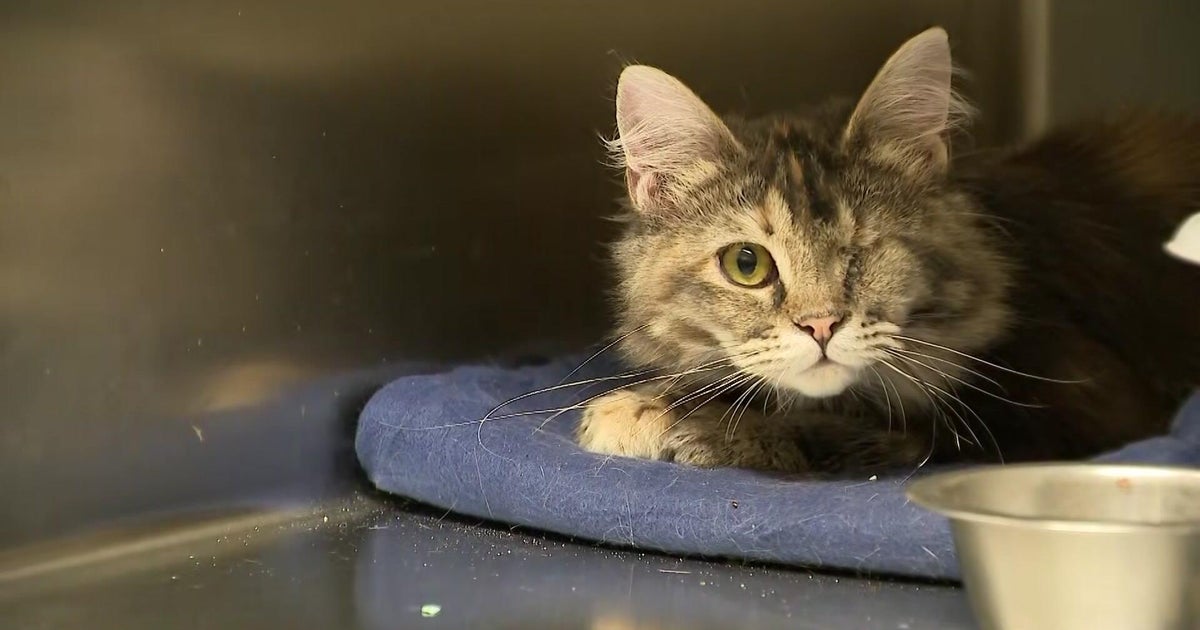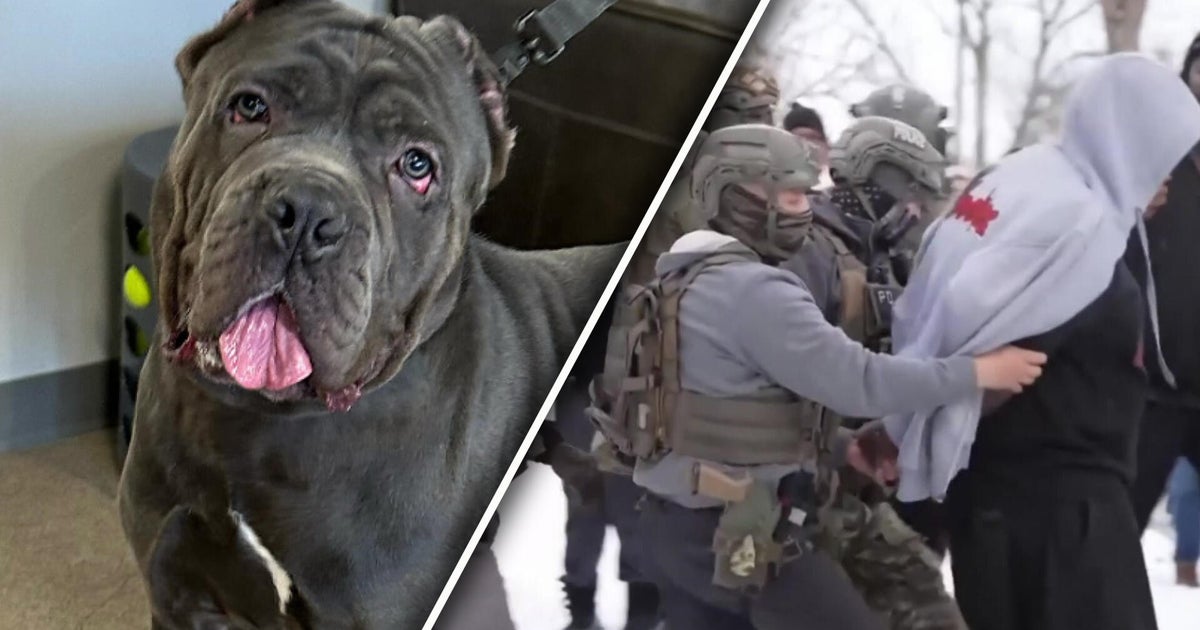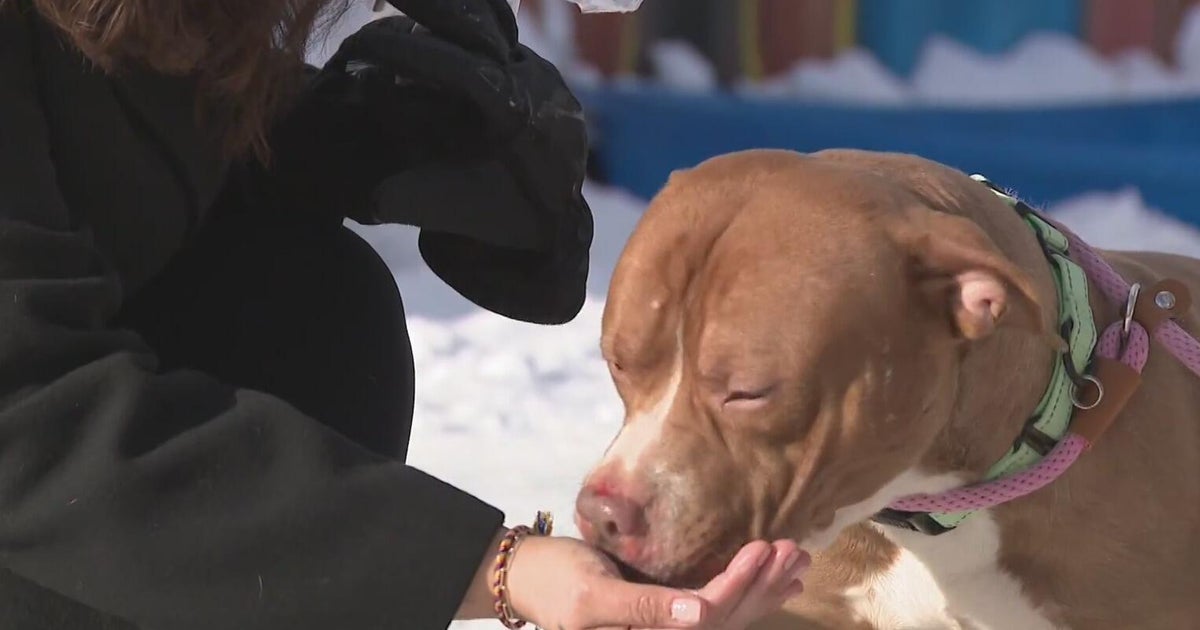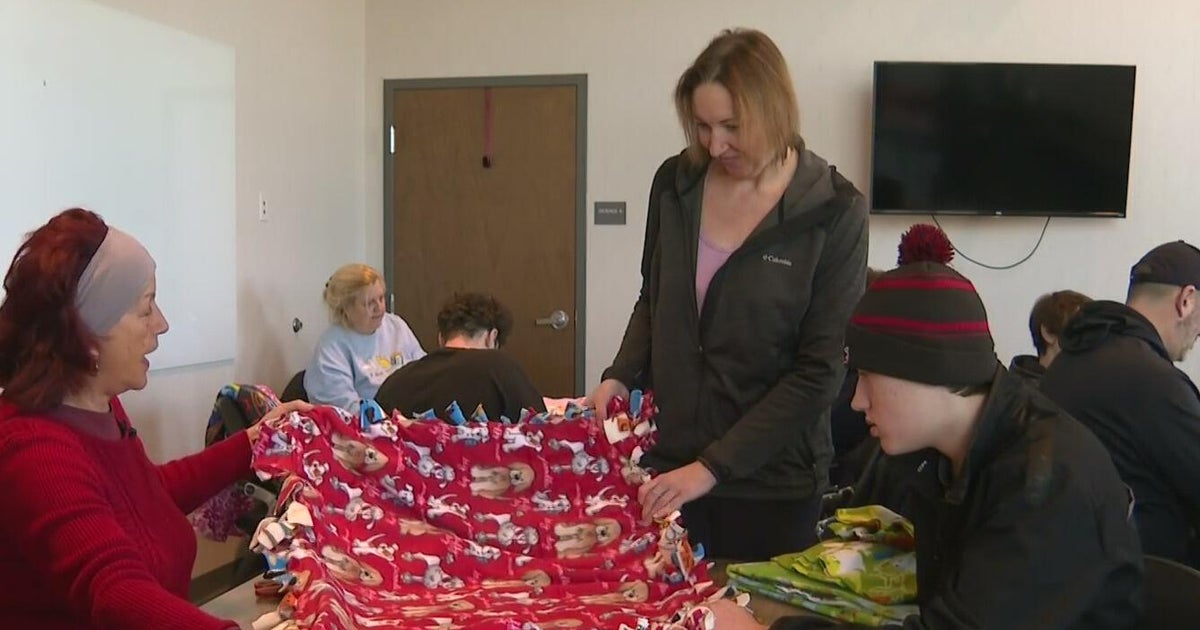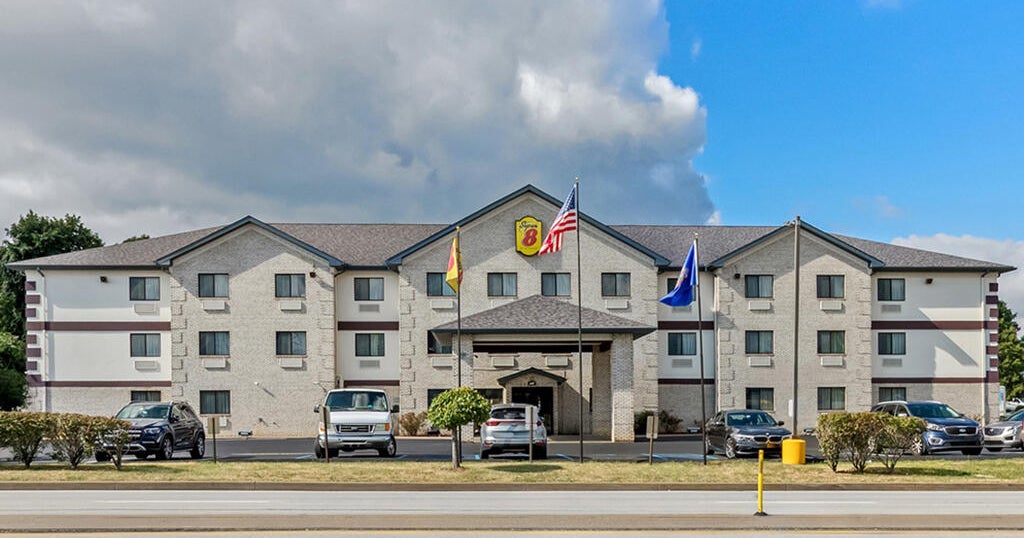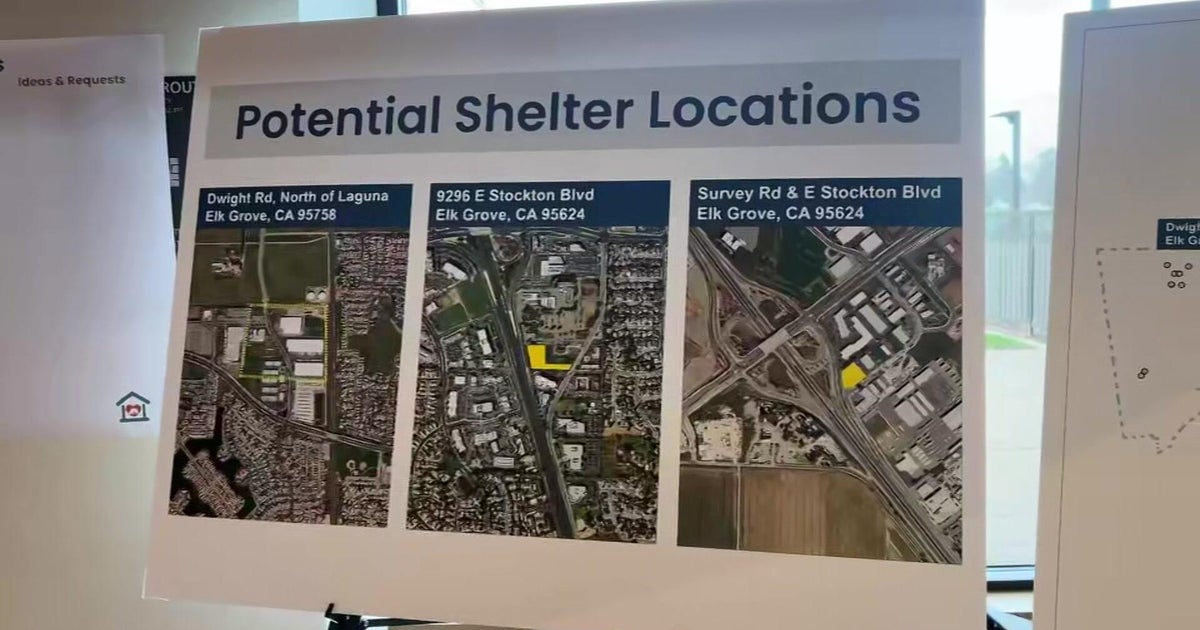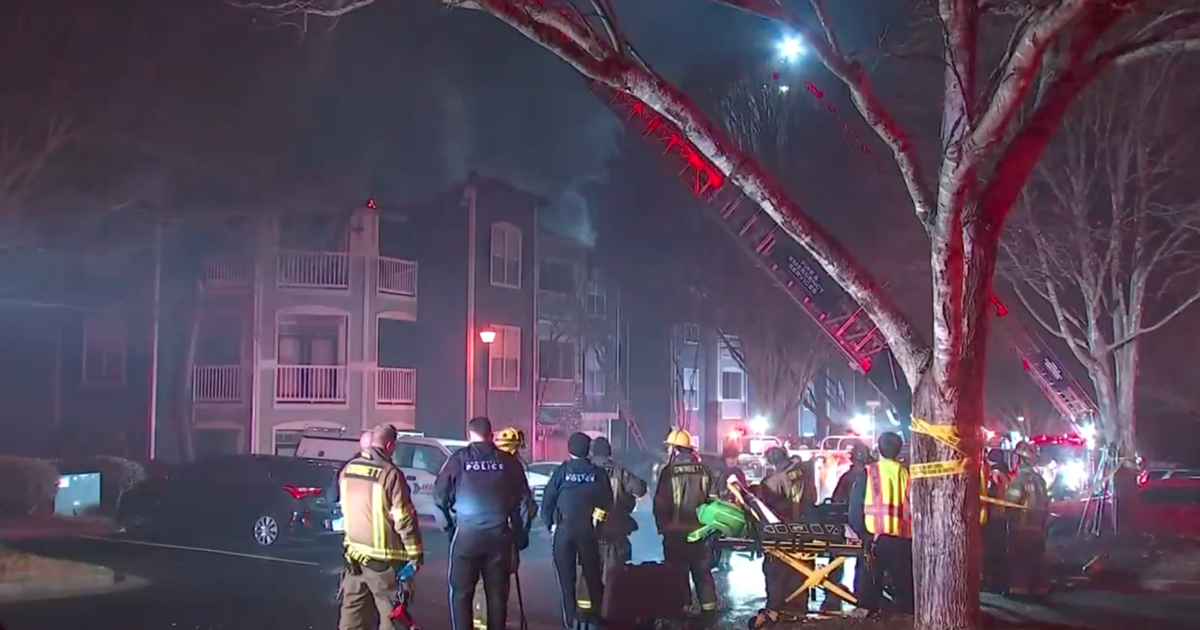Cat rescuers sound alarm as Animal Humane Society stops offering free sterilization
MINNEAPOLIS — By day, Brianne Tushaus works in chain supply. By night, she's an independent cat trapper.
"Every free moment outside of my day job is dedicated to saving cats," she said.
Tushaus, a south Minneapolis resident, says she trapped 150 to 200 cats within two miles of her home last year. After she traps them, she brings them in to get spayed or neutered, and later returned to live as a community cat. It's a process called Trap-Neuter-Return, or TNR.
"All of those cats were living outside and none of them were neutered," Tushaus said. "Had there not been TNR those numbers would have exploded fivefold within just a year."
It's a mission non-profits like Pet Project Rescue and Bitty Kitty Brigade share. Pet Project Rescue TNRs about 500 cats a year.
"We believe that TNR, we know that TNR is the way out of this problem. We always say we can't adopt our way out of cat overpopulation, but we can TNR our way out of it," TNR director at Bitty Kitty Brigade, Jacky Wilson said.
A mission with a means — before now. The Animal Humane Society started charging for its TNR program at the start of July. Now, it costs $75 per cat.
"As you can imagine, the financial burden is huge," Tushaus said. "This is why we depend on free spay-neuter services. Access to this is vital."
AHS is facing its own financial burden: a budget shortfall of $3.5 million. AHS CEO Janella Dixon says charging for TNR was one of several difficult decisions.
"We had to make some pretty significant changes to our budget. This was actually a smaller change compared to the things that we did," Dixon said.
AHS started charging for TNR on July 1 — the start of its 2025 fiscal year. Dixon says the organization promise to remain committed to the TNR program and its mission of 1,000 surgeries a year.
"We are just at a place where we can't make it totally free anymore," Dixon said. "We have to share the cost."
While it's a difficult change, Dixon says it's necessary to continue the work they're doing.
"It's one service in the huge scope of services we provide," Dixon said. "We're touching the lives and impacting the lives of nearly 100,000 animals every year in the services we provide. I don't mean that to minimize the other but just try to keep a big picture view on how many animals we help and the choices we have to make on where we put those pieces of the pie, of resources, in order to do the most amount of good for the most amount of animals in the community."
In response, animal rescue advocates are urging for donors to step in and help the gap. Monday morning, leaders in the animal welfare industry came together to share the urgent need.
"Every city is affected. I've heard people say I don't see feral cats in my city. Tell me your city. I will tell you where the pockets are because we have gotten calls and kittens surrendered from every city in the Twin Cities. So, there are feral cats in every neighborhood. You just don't see them," Wilson said.
Together, the Bitty Kitty Brigade, Pet Project Rescue and independent cat trappers are looking to raise $25,000 to keep their mission successful through the summer season, but they're also looking towards long-term solutions — like grant funding and state programs. Pet Project Rescue is collecting donations on behalf of the group. If you'd like to help, click here.

